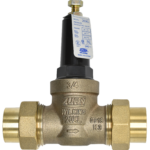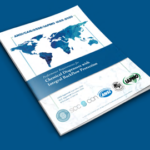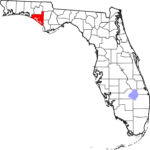
At a time when many buildings are not fully occupied due to COVID-19, the American Water Works Association (AWWA) and the International Association of Plumbing and Mechanical Officials (IAPMO) have developed a guide to help building managers address water system stagnation.
Stagnation within building water systems is a concern in periods of low or no occupancy. When water does not move through the system, water quality issues may arise at an outlet, a group of outlets or throughout an entire building water system, causing potential health risks.
Titled Responding to Stagnation in Buildings with Reduced or No Water Use, the guide “provides a decision-making framework for building managers to design responses to building water system stagnation,” said William Rhoads, a co-author of the guide and a post-doctoral researcher at Virginia Tech.
Peter DeMarco, executive vice president of Advocacy and Research at The IAPMO Group (International Association of Plumbing and Mechanical Officials), said the new document provides essential guidance at a crucial time.
“As buildings reopen across the country, it will be critically important for building owners and facility managers to actively address water quality concerns in plumbing systems due to stagnation,” he said. “We appreciated the opportunity to work with Dr. Rhoads and the other authors on the development of this important guidance document.”
Because of the many differences in building water system operation and design, one set of instructions is not appropriate for all buildings. The guide provides a framework for building managers and a resource that water systems can utilize in supporting the business community in their service areas.






 20 Oct 2020
20 Oct 2020
 Posted by Timothy denHartog
Posted by Timothy denHartog 













